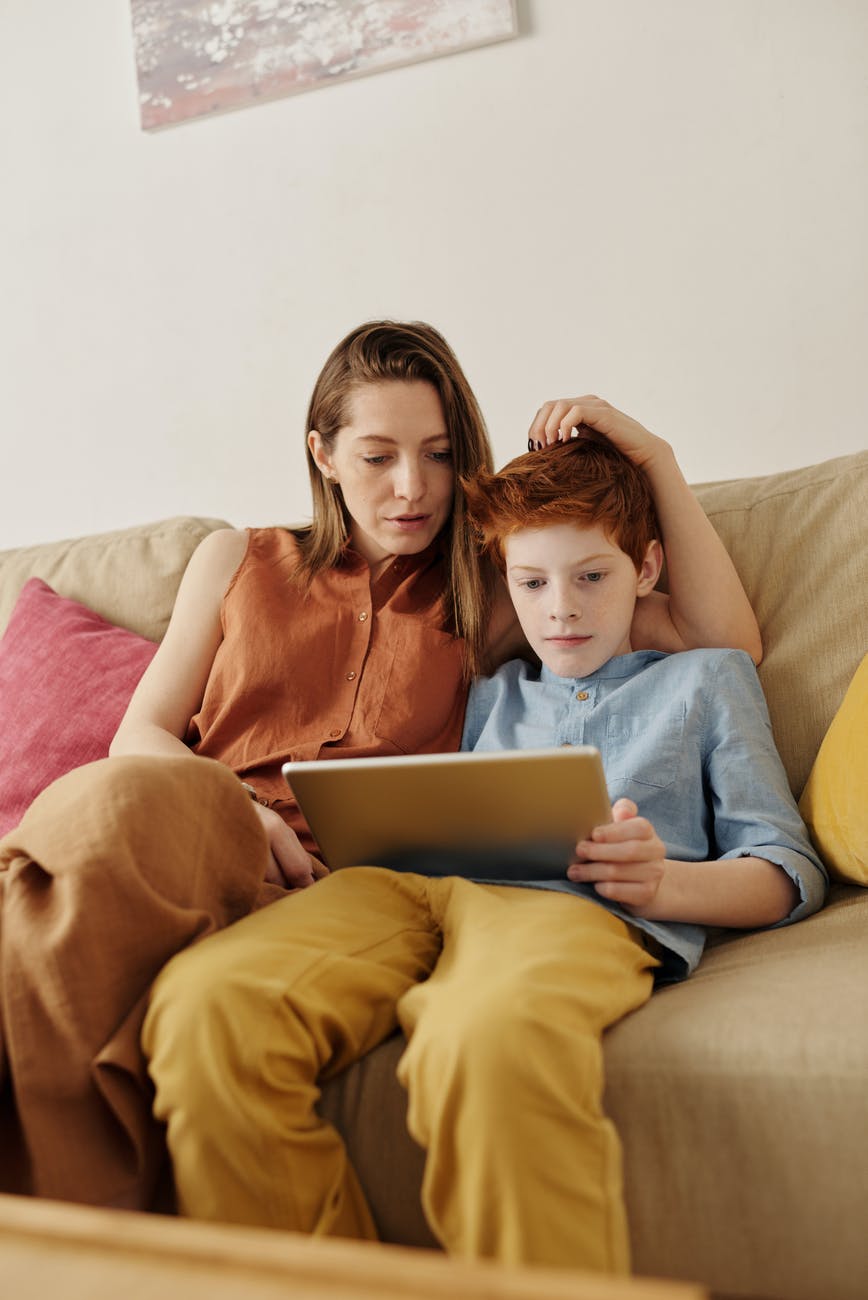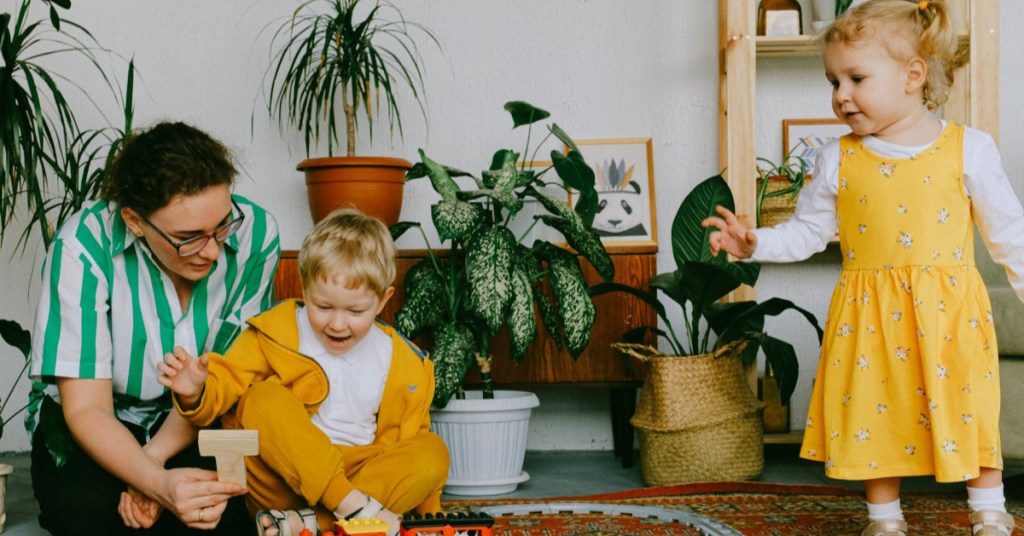Look, I am as guilty as the next person who pushes the idyllic idea of “family time.” My children are still small. They require hands-on parenting the majority of the day (hours upon hours of it), and somehow, that truth doubles when both kids are in the same room at the same time.
It doesn’t matter what we’re doing – we can be watching television or a movie “as a family” and somehow, it’s all terrible.
If you feel the same way, but also have been made to feel as though “family time” is supposed to be the be-all, end-all of having kids, well…you’re not alone.

Photo Credit: Pexels
In fact, many experts agree that discipline, expressions of love, bonding, and play can often be more effective and the effects long-lasting when they are given and received one-on-one.
One of those experts is Dr. Kyle D. Pruett, a professor of child psychiatry at Yale.
“You might also defer to your partner on topics that your child might be more responsive to you, not them.”
Not only that, but when both parents are present, we end up with co-existing – but not always happily – trajectories.
“It’s a diad instead of a triangle – you need to play tennis with one instead of two.”

Photo Credit: Pexels
Being a parent is hard, and being a partner is hard, and being both at the same time can sometimes feel like a game we’re destined to lose – so why do we keep playing?
The textbook Learning Group Leadership offers some insight.
“In a family, this phenomenon might be readily observed as a father-mother subsystem; another between two of the three siblings; and another composed of the mother, her mother, and the third child.
In a group, you might see this when there is a popular and powerful group—a couple members who have become close compared with those who are shy and not too confident.
You can therefore appreciate that these coalitions are organized around mutual needs, loyalties, and control of power.
When these subsystems are dysfunctional and destructive, such as when a parent is aligned with a child against his spouse or a child is in coalition with a grandparent against her parents, the counselor’s job is to initiate realignments in the structure and power, creating a new set of subsystems that are more functional.”
Family dynamics play out in ways we couldn’t have guessed, with everyone trying to get the most out of family time for themselves.

Photo Credit: Pexels
The resulting power struggles undermine any real ability to form deep connections or make the kinds of lasting impressions we’re hoping for at the outset. But one-on-one time allows for quiet, meaningful togetherness that just doesn’t happen when you’re dealing with group dynamics.
So make the effort to spend time with your kids – but maybe divide and conquer.
“You have to organize yourself to have time alone with the child,” recommends Pruett. “It should be part of what you believe in fostering. You each related to your child differently, but the unique moments are something parents need to plan for.”
Be intentional, but play on the sorts of bonds and lessons you want to have – individually – with your children.
And don’t worry if family time is a bust. As long as you’re making time to spend with your kid, you’re doing okay.
